October 26, 2023
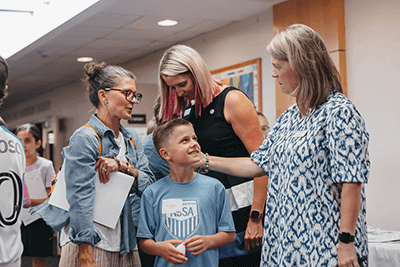 from Dr. Jenn Milam, Middle School Director
from Dr. Jenn Milam, Middle School Director
Editor’s Note: Periodically, you will find a guest Head’s Message here from members of the administrative team. We hope you will enjoy reading their thoughts and reflections about life at MPA.
Being a parent means wearing a million and one hats, managing endless lists of appointments, practices, and playdates, all while working hard to instill what we believe are all of life’s most important lessons. As they say, the days are long, and the years are short. And while we’re wrapped up in the day-to-days, it can be easy to find ourselves, as grown-ups, running on autopilot, giving very little thought to our well-being and sense of balance and awareness. When we arrive in these moments, tending to others’ needs before our own, it can lead to frustration, feelings of anxiousness, maybe even loneliness and disconnection, or worse, a sense of spinning and dysregulation that lends itself to burnout and exhaustion.
Parenting is, without a doubt, one of the most challenging adventures of adult life. To be sure, navigating our young people’s lives while attempting to find balance in our own and to model what it means to be a wholly authentic person, a kind human being, and a productive citizen requires, too, a commitment to caring for ourselves, developing skills to process emotions, and sharing fully our own learning and growth, even when we mess up. Ashley Cooper, MPA school counselor, always speaks from an affirming position about emotions and emotional regulation, reminding us that “all emotions are normal and deserve to be acknowledged.” This is why, today, as we make our way through fall and into the busy holidays, the dimmer days of winter, and more rigorous days of school, I’m writing to you, parents and caregivers, to remind you of the importance of caring for yourself emotionally and mentally. Moreover, I hope to illuminate the importance of self-care as a means by which you may teach your young people, through living, intentional modeling, and purposeful discussion, how to develop healthy and proactive skills to practice positive emotional regulation. Read More
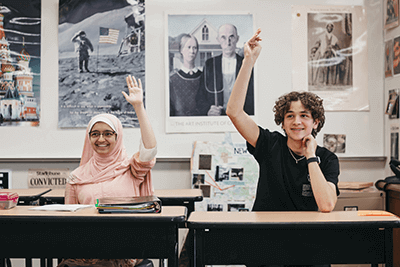
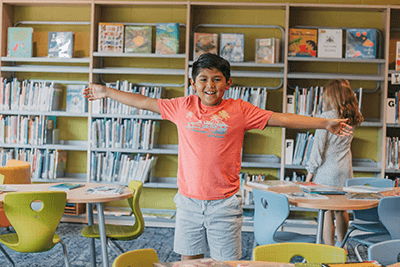 from Bill Hudson, head of school
from Bill Hudson, head of school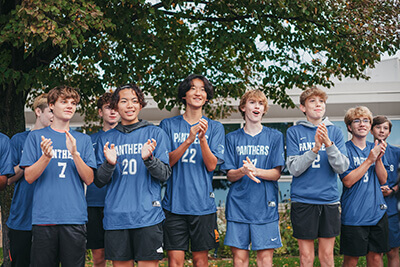 from Bill Hudson, head of school
from Bill Hudson, head of school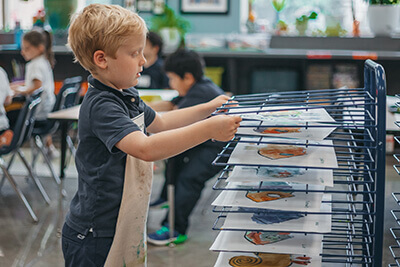 from Dr. Bill Hudson, head of school
from Dr. Bill Hudson, head of school from Bill Hudson, head of school
from Bill Hudson, head of school from Dr. Bill Hudson, head of school
from Dr. Bill Hudson, head of school from Dr. Bill Hudson, head of school
from Dr. Bill Hudson, head of school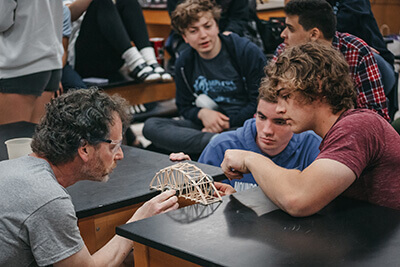 from Bill Hudson, head of school
from Bill Hudson, head of school from Bill Hudson, head of school
from Bill Hudson, head of school